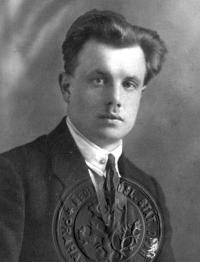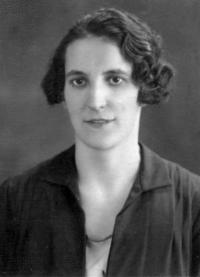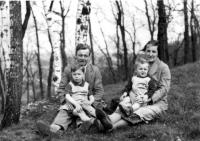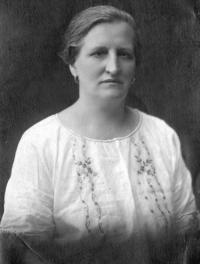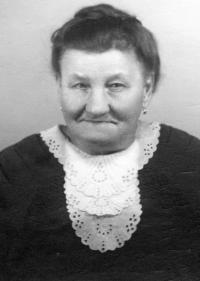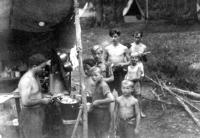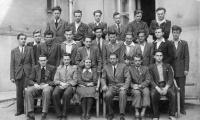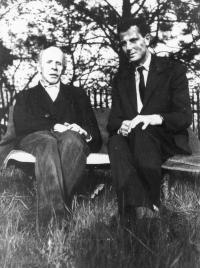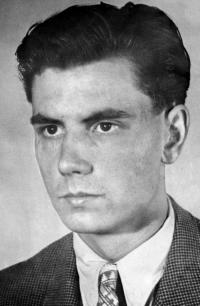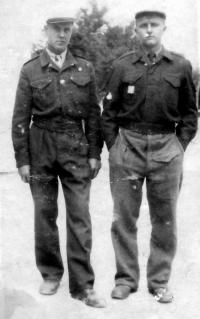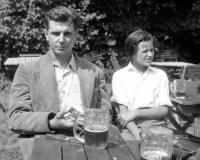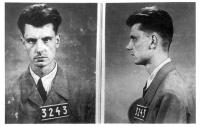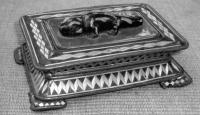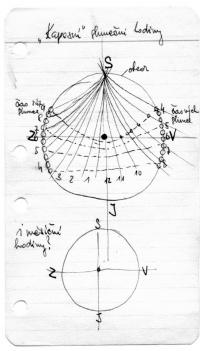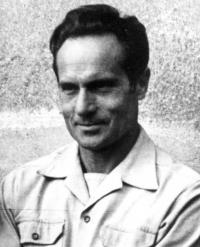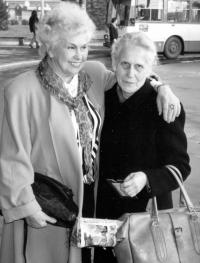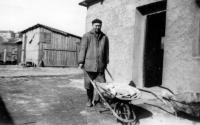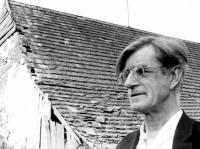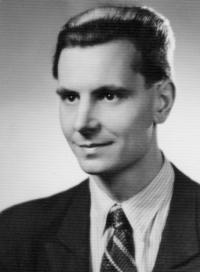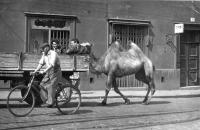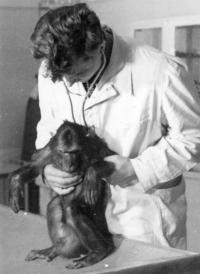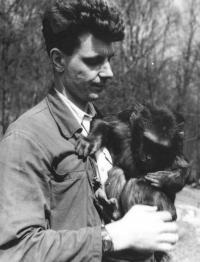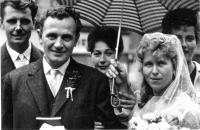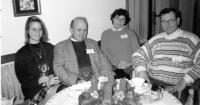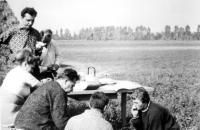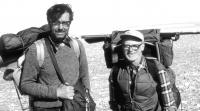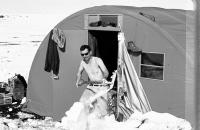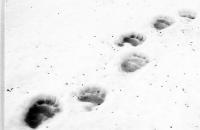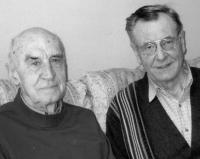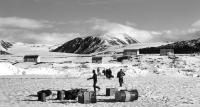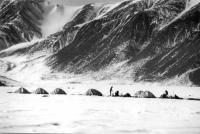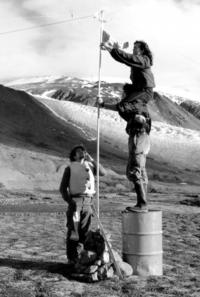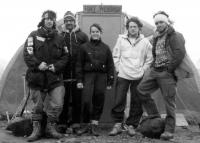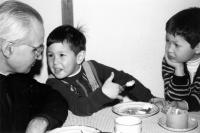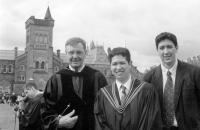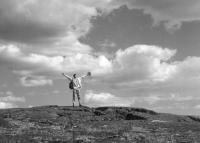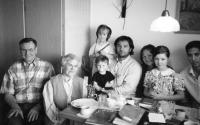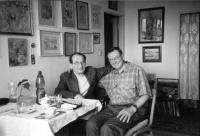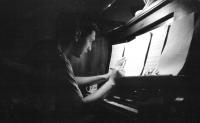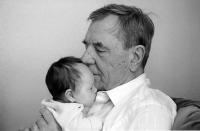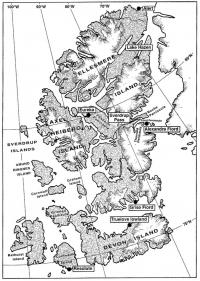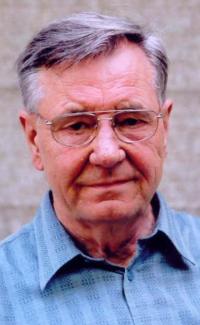I was the happiest in prison. Never again have I experienced such complete reassurance that I was on the right track.

Download image
Josef Svoboda was born on 16 July, 1929 in Prague. His father came from Brno, his mother from Teplice and they lived in Kralupy nad Vltavou, where his father worked as an engine driver. In 1938 the family moved to Brno and Josef started to attend the Scouts. At the same time he witnessed the clash in the family between Czech and German relatives on his father´s part. At the end of war he experienced bombing of Brno. In spring 1945 the family escaped from the liberation fights to their relatives in Vysočina and came back in May. Josef Svoboda witnessed the deportation of his aunt and other Germans from Brno in so called Pohořelice death march. In 1948 despite difficulties got to study philosophy and natural science at the Masaryk university in Brno. In September 1949 he was arrested by the state police and in 1951 sentenced to 11 years in prison. He worked in uranium mines for almost five years. In 1958 Josef Svoboda was deprived of all accusations by the court and the punishment was cancelled. Following the 1968 invasion he immigrated to Canada, studied high school and became a professor at the Toronto university. He devoted himself to botanic and ecologic research in polar areas of the Arctic and published in renowned magazines and won prestigious awards. Josef Svoboda died in November 2022.
